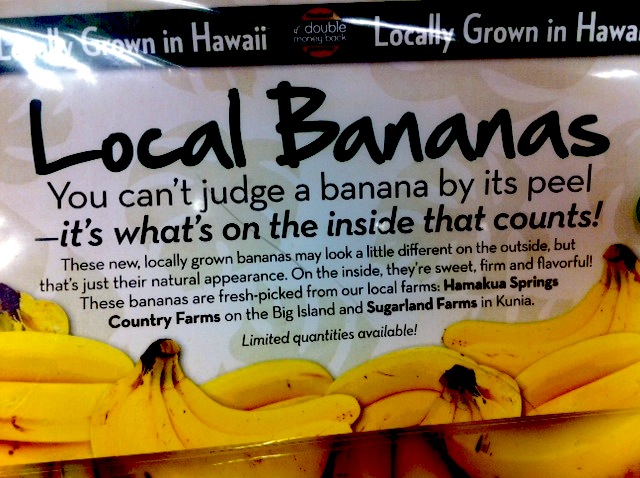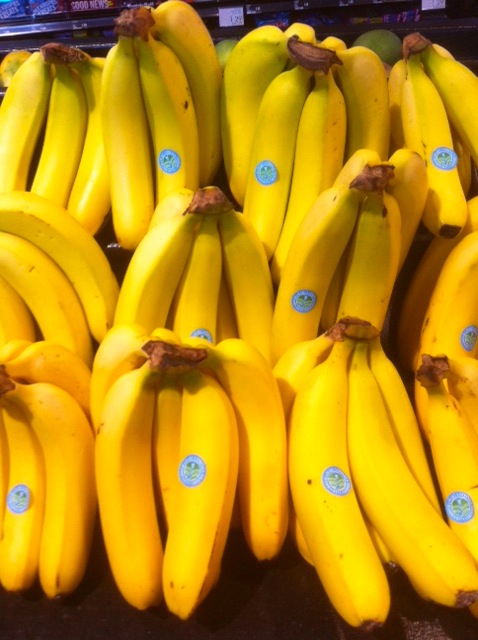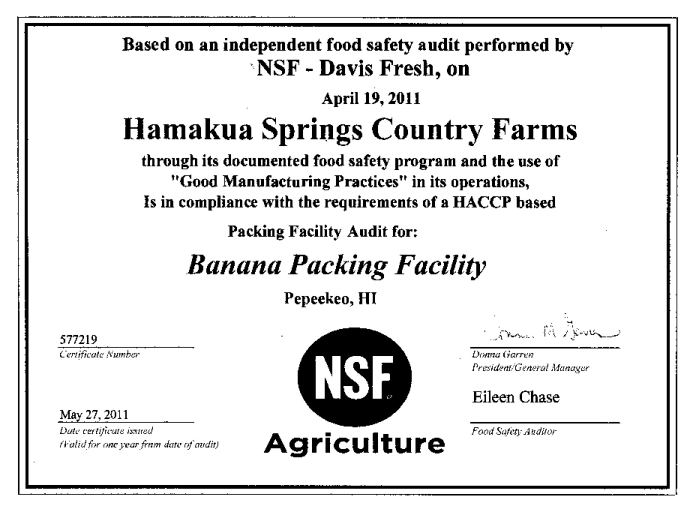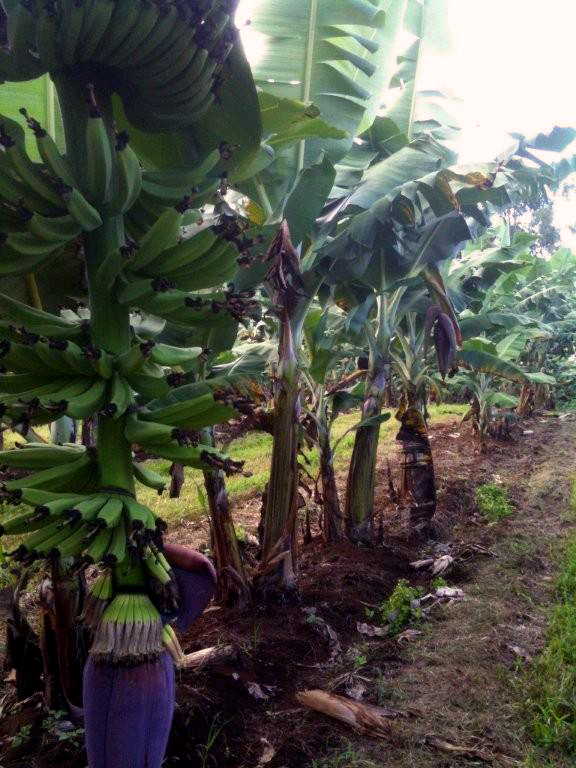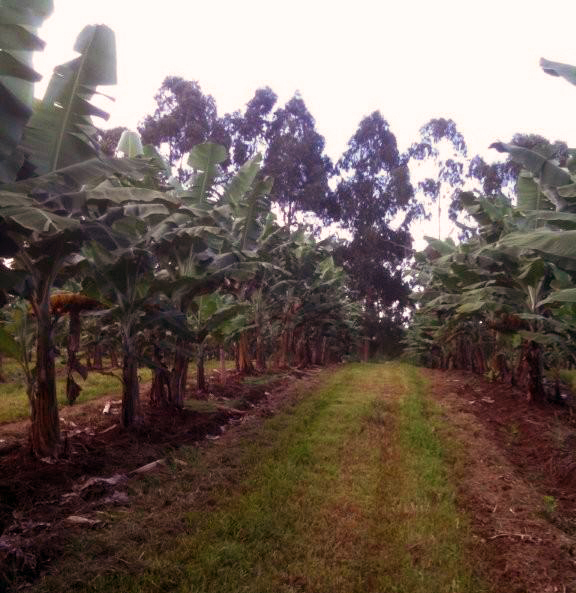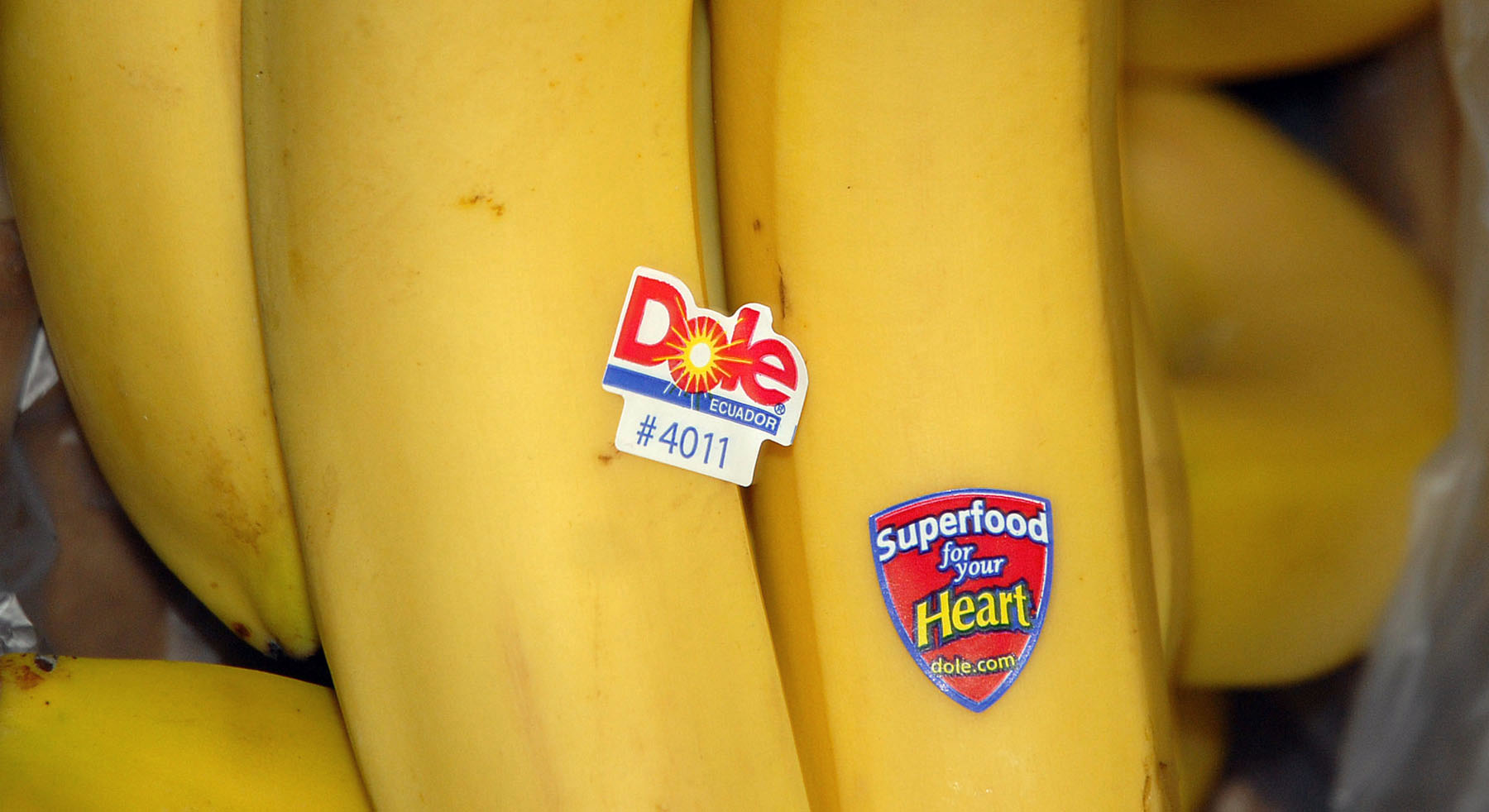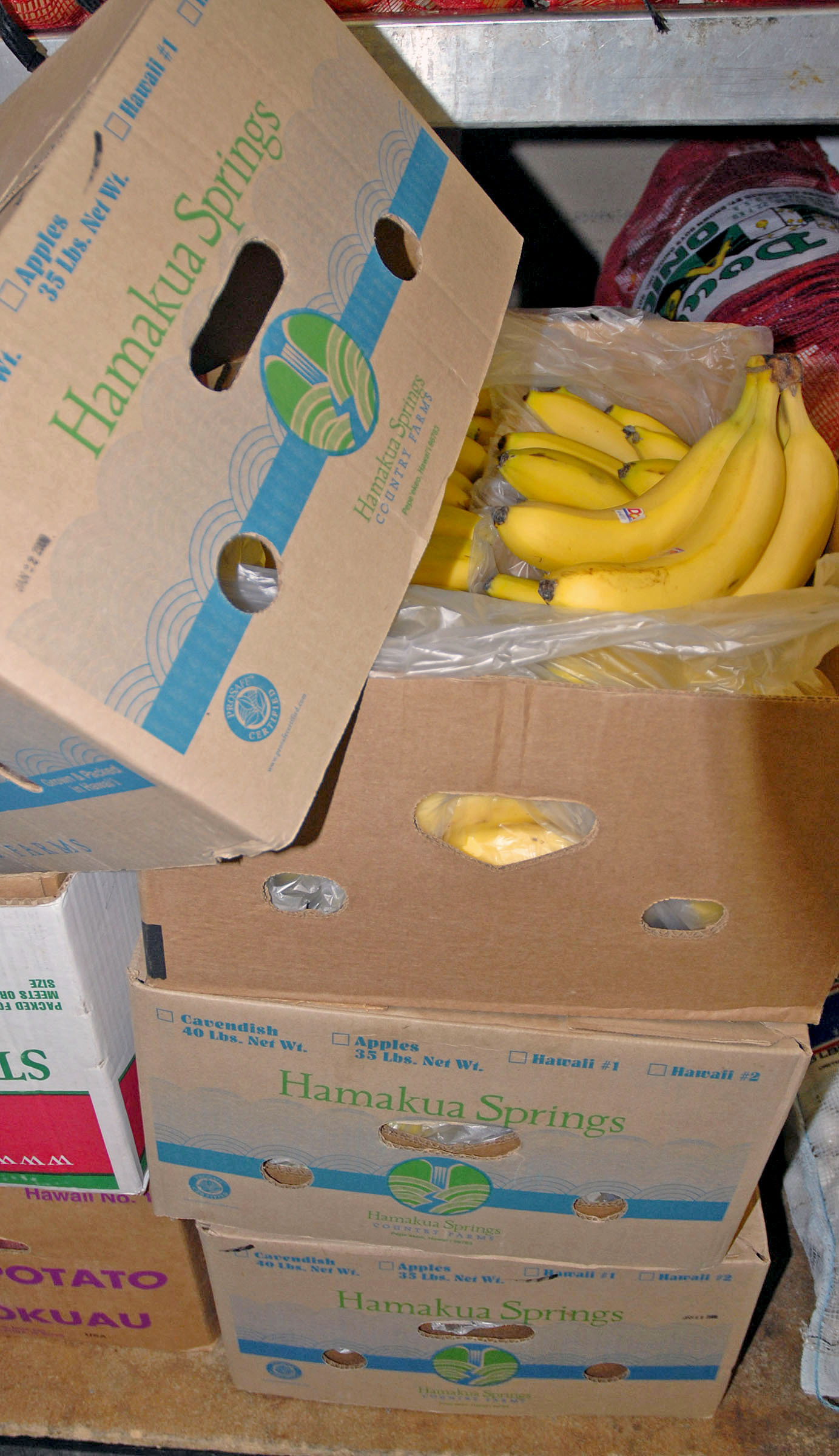There are some big changes around here that we’d like to tell you about. The following is a press release we just sent out:
Mauna Kea Banana Company Ends Banana Production
Pepe‘ekeo, Big Island, Hawai‘i – April 4, 2008 – After more than 30 years in the banana business, Mauna Kea Banana Company—which started out as Kea‘au Bananas—has announced it is closing down its banana operation.
The company will, however, continue to produce its Hamakua Springs Country Farms brand of hydroponic vegetables.
“We’ve had to make some hard decisions due to rising costs,” says President Richard Ha. “Everything has gone up, especially fertilizer.”
“The major thing on my mind right now is our workers,” he says. Nine workers are being let go immediately, and another 20 will see their jobs end in a few months when the final banana harvest is completed.
“To the extent we have other jobs available that they are suited for,” he says, “we will try to transfer them so they can stay at the farm. We are also talking to other banana growers to see if they have openings, and I am talking to the Department of Labor to see if they can help.”
“You know, we’re always trying to see where we need to be five and 10 years down the road,” he says, “and always concerned about the greater good. It’s painful, of course, but for the benefit of the larger amount of people, this is the way we need to do it.”
He plans to lease the former banana land to area farmers. “Part of our overall plan is to become more diversified in food products,” he says. “We anticipate supplying the local community, and the more different stuff we/they grow the better we can serve the community.”
He emphasizes they want to work with farmers who live in or near Pepe‘ekeo and can walk or travel a very short distance to work, so their travel costs are minimal as energy costs continue to rise. “We definitely want to be community-based,” he says. They can also help farmers market their products, though that is optional.
Farmers interested in leasing land can call Farm Manager Kimo Pa at 960-1058. “They’ll need to come and sit down with us and tell us their plans,” says Ha, “and we’ll see if it fits into our program. They will need to fit into our criteria of sustainability.”
Mauna Kea Banana Company is also expanding its hydroponics operation, which operates under the brand name Hamakua Springs Country Farms. Ha says they are in the process of adding 20 new planting houses for tomatoes and other produce. Hamakua Springs produces tomatoes, lettuce, cucumbers, green onions and other hydroponically grown vegetables, which are sold to Hawai‘i supermarkets and restaurants.
He explains that, by necessity, the company is adapting to the changing environment. “That is what is driving us, and it has to do with rising energy prices,” he says. Among other changes, they are currently in the process of developing hydroelectric power at the farm. “People that don’t adapt, well, others will replace them who will adapt. If we don’t change, we will be history.”
“I worry about our workers,” he says. “It’s the major thing on my mind. The only consolation is that the economy is still good. Jobs are available right now. If we waited too long, they’d go into a jobless market and that would be even worse.”
A founding member of the Hawaii Seal of Quality program, the award-winning Mauna Kea Banana Company (formerly Kea‘au Bananas) has been in business on the Big Island for more than 30 years. Through its Hamakua Springs Country Farms brand, the farm produces hydroponic tomatoes, lettuce, cucumbers, watercress, onions and more for Hawai‘i supermarkets and top hotels and restaurants. Mauna Kea Banana Company was the first banana farm in the world to be certified “Eco-OK” by the Rainforest Alliance. The farm was also one of six national finalists for the Patrick Madden award, a sustainable farming commendation given by the U.S. Department of Agriculture.

